- WHAT'S ON
- Our repertoire
- Tickets
- Performances
- XXXth Bydgoszcz Opera Festival
- Bydgoszcz Opera Festival
- About
- Contact
- Search


The local opera society originated in 1956 as an Opera Studio. September 21, 1956 marked the beginning of a new musical institution. At that time no-one expected that the Opera Studio would give birth to a state opera establishment, or that the subsequent efforts of local artists would lead to the foundation of an opera center, whose crowning achievement is a modern building under construction since 1973.
For many years the society had no stage of its own; until 1996 performances were staged at the 'Polski' Theatre in Bydgoszcz. At present, all artistic enterprises are conducted in the Opera NOVA building, which is still under construction and decoration in Marshall Ferdinand Foch Street. This is an impressive structure designed by two architects, Professor Józef Chmiel and Professor Andrzej Prusiewicz, which consist of three overlapping circles of different size picturesquely located in a meander of the Brda River near the Old Town.
The building has six floors with functional, modern rooms on all levels, from the large stage, its auditorium and foyer, through the chamber hall, orchestra rehearsal, ballet rehearsal and general halls, and the actor's club, to the cloakrooms, storage rooms, stage control rooms, library, workshops and coaching rooms. The first circle, the largest, contains two halls: a chamber hall which seats 157 and a large hall with near-perfect acoustics, an auditorium for 803 people and an impressively vast stage (maximum depth 22 m, width 25 m), which along with its state-of-the-art machinery offers outstanding staging potential.
The considerable capabilities of the stage have found confirmation in the notable productions staged here in recent years. These include (2020): La Traviata , Rigoletto , Don Carlo, Falstaff by Giuseppe Verdi, Tosca ,Madama Butterfly, La Bohème by Giacomo Puccini, La damnation de Faust by Berlioz , Die Zauberflöte and Le Nozze di Figaro by Wolfgang Amadeus Mozart, Gräfin Mariza
and Die
Csárdásfürstin by Kálmán, Der Zigeunerbaron and Die Fledermaus by Johann Strauss, Lakmé by Delibes, L’ elisir d’amore by Donizetti, Rusalka by Antonin Dvorak, Cavalleria rusticana/Pagliacci by Mascagni/Leoncavallo, Halka and The Haunted Manor by Stanisław Moniuszko. Another performances: the ballets - Sommernachtsraum- bὕhnemusik zu Shakespeares Komedie by Mendelssohn, Le Cendrillon and Romeo and Juliette by Prokofiev , The Nutcracker by Tchaikovsky,The Captive Mind and Harnasie/Stabat Mater by Robert Bondara , Coppelia by Leo Delibes - has recently met with approval, too.
Opera NOVA is a modern musical theatre that takes into consideration the preferences of highly diversified audiences. Although the mainstream repertoire comprises great opera and ballet works, the Bydgoszcz company also stages operettas and musicals. The theatre's constant ambition is to attract outstanding producers; this is probably why the successive premieres of Opera NOVA have won considerable critical and public acclaim.Every year (since 1994) Opera Nova organizes the Bydgoszcz Opera Festival, an international artistic event.
Located in the centre of Bydgoszcz on a scenic bend of the River Brda close Mill Island, Opera Nova is the city's distinctive and easily recognizable landmark.
Opera Nova is financed with the means of the Local Government of the Kujawsko-Pomorskie Province as well as of the Ministry of Culture and National Heritage.